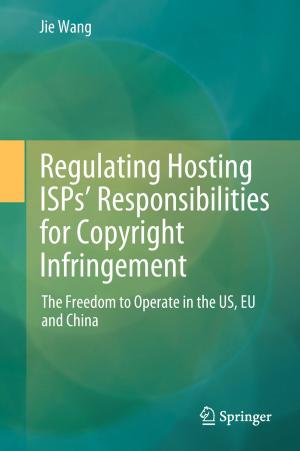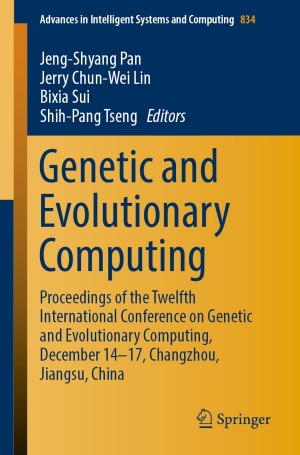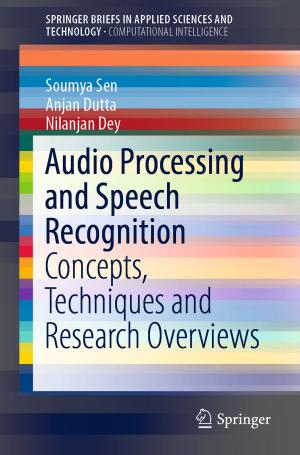Self-Learning Optimal Control of Nonlinear Systems
Adaptive Dynamic Programming Approach
Nonfiction, Science & Nature, Technology, Automation, Computers, Advanced Computing, Artificial Intelligence| Author: | Qinglai Wei, Ruizhuo Song, Benkai Li, Xiaofeng Lin | ISBN: | 9789811040801 |
| Publisher: | Springer Singapore | Publication: | June 13, 2017 |
| Imprint: | Springer | Language: | English |
| Author: | Qinglai Wei, Ruizhuo Song, Benkai Li, Xiaofeng Lin |
| ISBN: | 9789811040801 |
| Publisher: | Springer Singapore |
| Publication: | June 13, 2017 |
| Imprint: | Springer |
| Language: | English |
This book presents a class of novel, self-learning, optimal control schemes based on adaptive dynamic programming techniques, which quantitatively obtain the optimal control schemes of the systems. It analyzes the properties identified by the programming methods, including the convergence of the iterative value functions and the stability of the system under iterative control laws, helping to guarantee the effectiveness of the methods developed. When the system model is known, self-learning optimal control is designed on the basis of the system model; when the system model is not known, adaptive dynamic programming is implemented according to the system data, effectively making the performance of the system converge to the optimum.
With various real-world examples to complement and substantiate the mathematical analysis, the book is a valuable guide for engineers, researchers, and students in control science and engineering.
This book presents a class of novel, self-learning, optimal control schemes based on adaptive dynamic programming techniques, which quantitatively obtain the optimal control schemes of the systems. It analyzes the properties identified by the programming methods, including the convergence of the iterative value functions and the stability of the system under iterative control laws, helping to guarantee the effectiveness of the methods developed. When the system model is known, self-learning optimal control is designed on the basis of the system model; when the system model is not known, adaptive dynamic programming is implemented according to the system data, effectively making the performance of the system converge to the optimum.
With various real-world examples to complement and substantiate the mathematical analysis, the book is a valuable guide for engineers, researchers, and students in control science and engineering.















